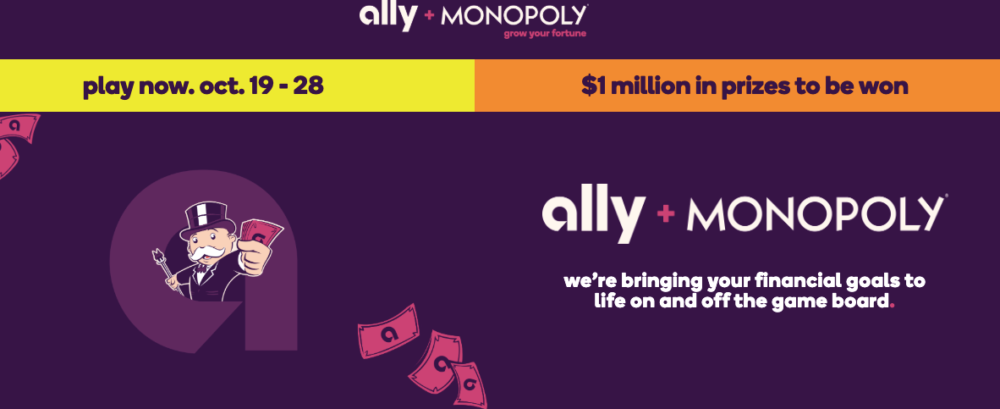Modern Marketing
Ally employs Augmented Reality in its new Monopoly marketing campaign
- Americans say they aren't confident about their financial literacy.
- Ally is turning to a tech-enabled version of the board game to bring money concepts to life.








